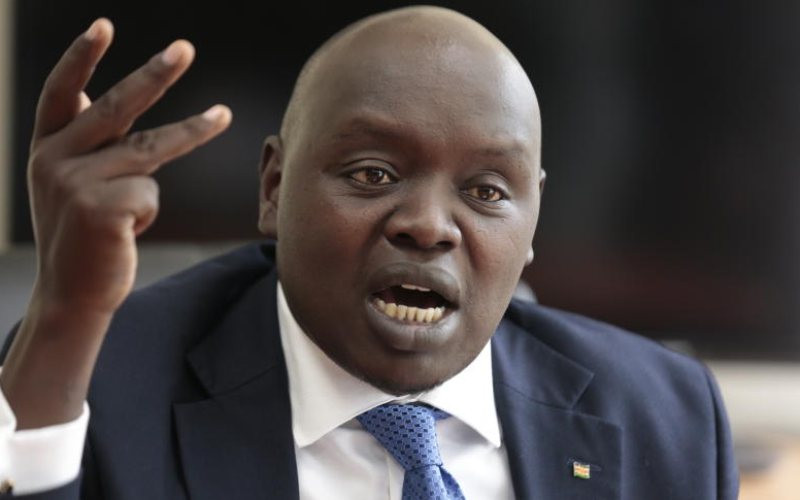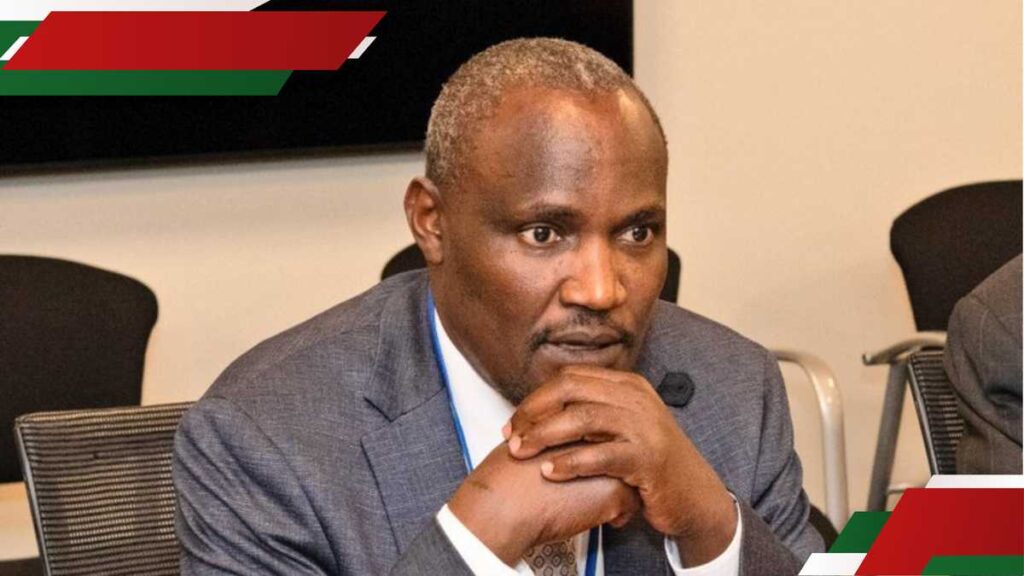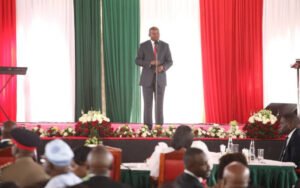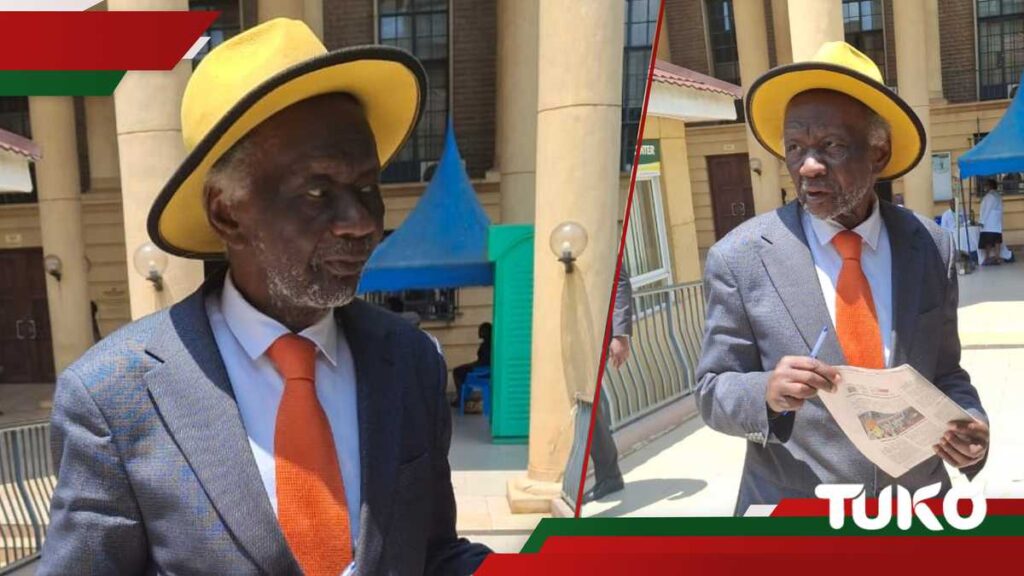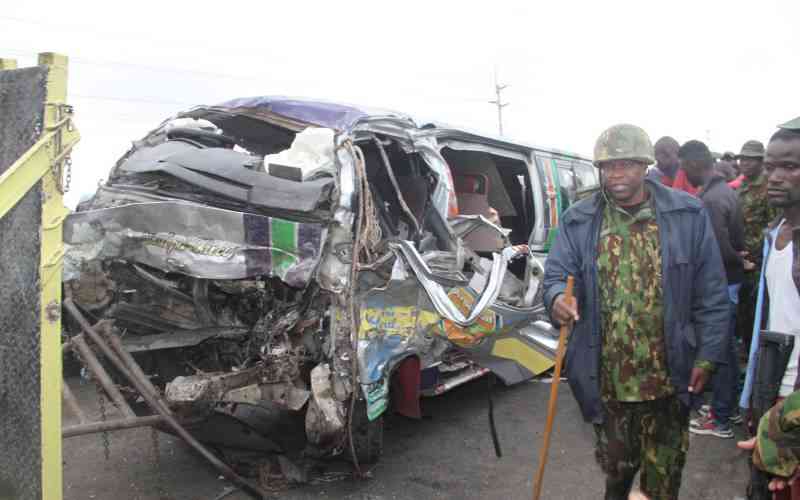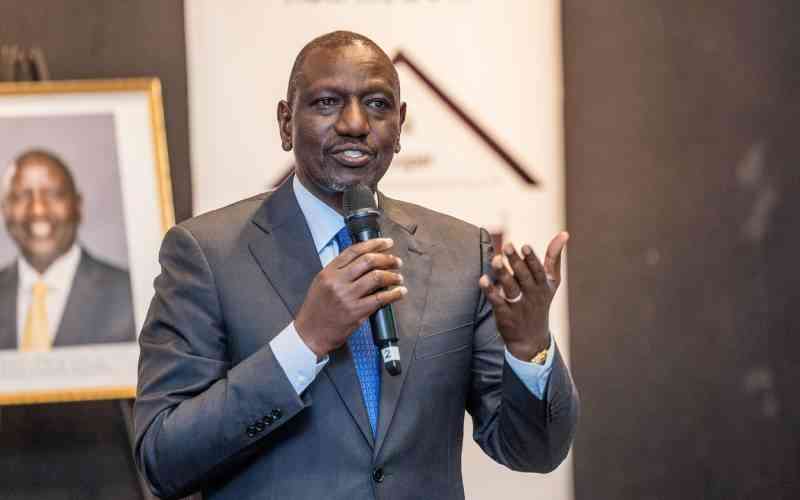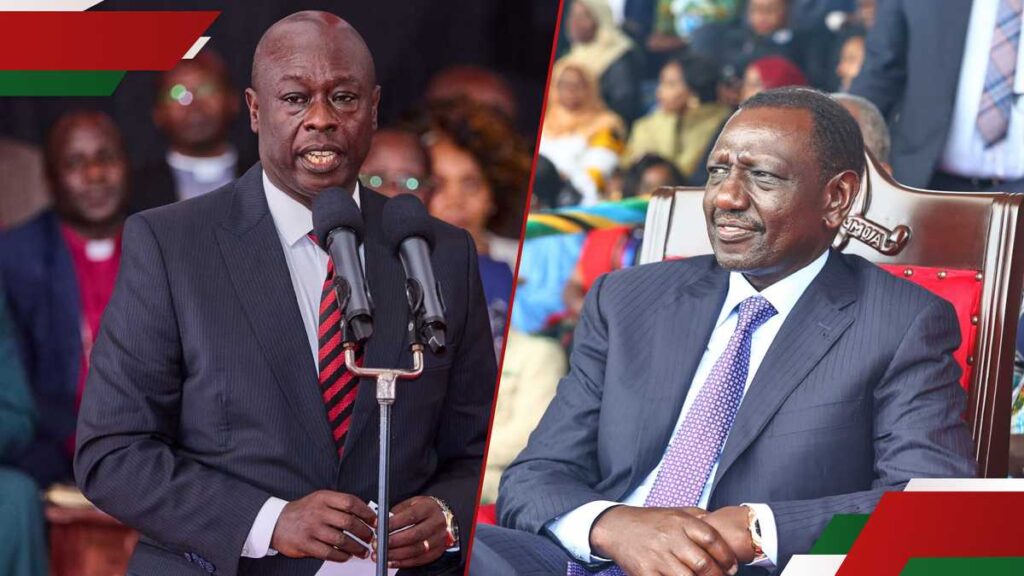Nandi Senator Samson Cherargei has backed President William Ruto’s recent public apology, urging Kenyans to embrace the gesture as a step toward reconciliation.
Speaking on Spice FM, Cherargei expressed disappointment with Kenyans who appeared to downplay the President’s apology.
“I don’t know whether the President needed to kneel. I believe that, as a human being, the highest you can go is to apologise, and he did that—to Gen Z, Tanzanians, Ugandans, and anyone else he may have wronged,” the senator said.
According to the lawmaker, there is a need for national unity and humility, urging Kenyans to accept the President’s gesture and move forward.
“The courage of a leader to ask for forgiveness—I expected Kenyans to leave it at that,” he said.
Kiprotich Arap Cherargei: The courage of a leader to ask for forgiveness—I expected Kenyans to leave it at that. I don’t know whether the President needed to kneel. I believe that, as a human being, the highest you can go is to apologize, and he did that—to Gen Z, Tanzanians,… pic.twitter.com/gMgTo1Zuim
— SpiceFM (@SpiceFMKE) May 29, 2025
His remarks come a day after President William Ruto apologized to Gen Zs, Tanzanians, and Ugandans during the 22nd National Prayer Breakfast.
The apology, however, received a mixed response from the public, with many Kenyans arguing that it was poorly timed and not followed by concrete action.
But Cherargei defended the move, saying, “I think that is the true power of reconciliation.”
He, however, added that it must be matched with concrete action on justice, particularly in addressing unresolved human rights issues such as police brutality and extrajudicial killings.
“Reconciliation should also come with accountability. There is a need to fast-track cases of extrajudicial killings that are allegedly committed by the police,” he said.
Cherargei also criticised the government’s communication strategy, noting that while the President’s intentions may be genuine, poor messaging could water down their impact.
“There must be a proper communication channel—when the President says he has apologized and means well for the country, the people responsible for communication must step forward and convey that clearly, so the message is easily understood.”
Stay informed. Subscribe to our newsletter








